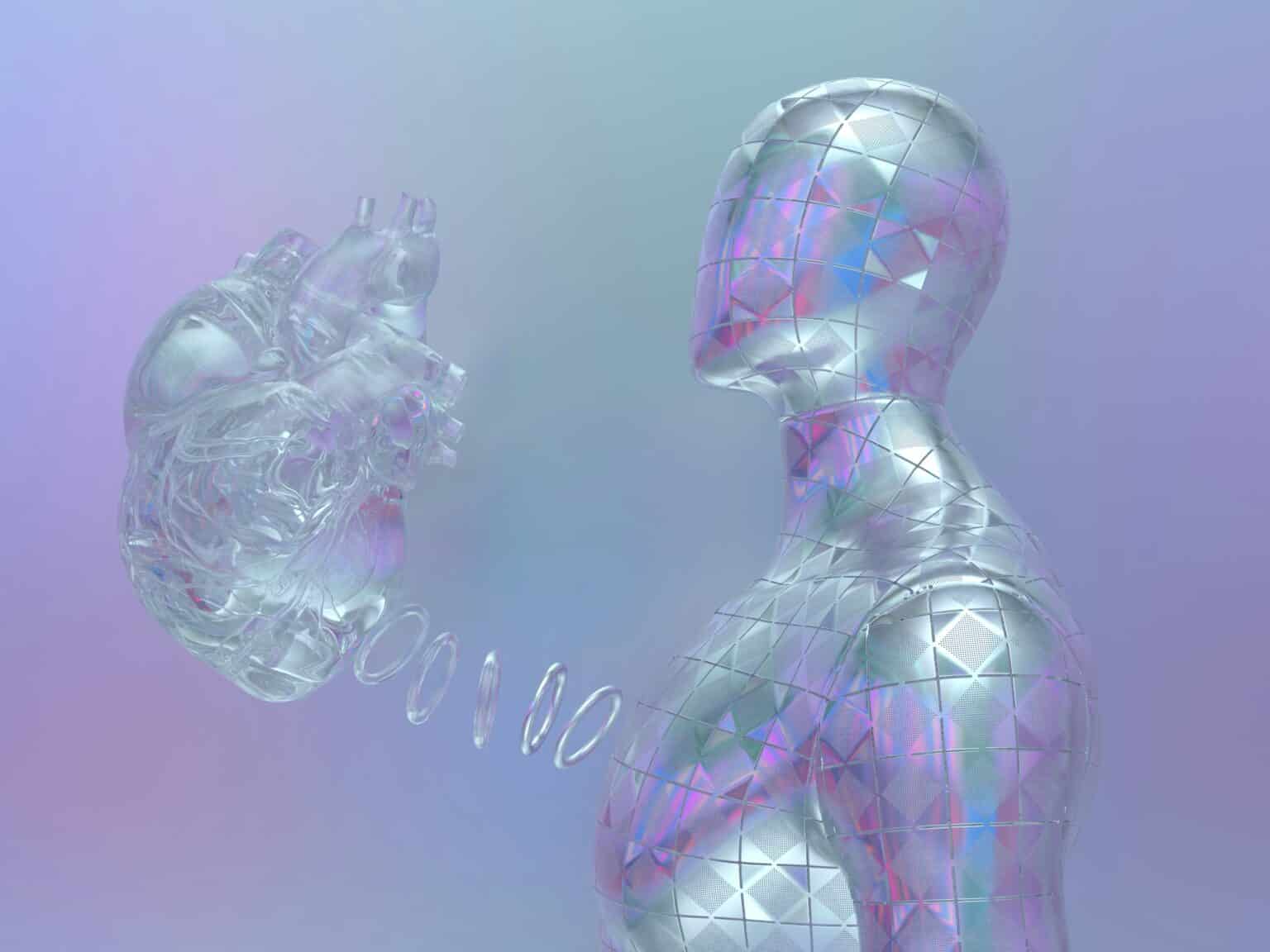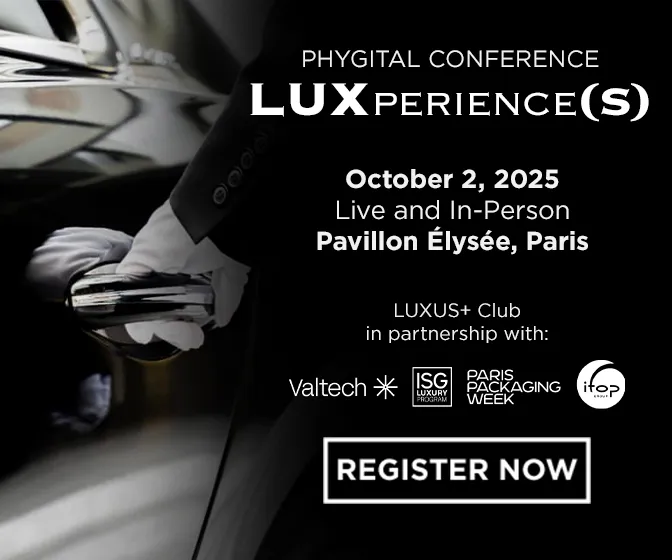We knew the marriages between man and robot. Now, the trend is to relations with artificial intelligences, the famous AI. In a world of love, many people turn to virtual friends/lovers, not without consequences on well-being.
43% of American singles would have used artificial intelligence to write their profile in dating apps and 37% had the use to help them write a first message, Match study with researchers from the Kinsey Institute at the University of Indiana, which studied more than 5,000 single people in the US. But others see this digital tool as much more than mere assistance. More and more people are having a fused/complicit relationship with an AI, just as they would with a friend or companion.
A big trend in China
Cradle of technological trends and epicenter of a love sickness that rots society, China is bringing together more and more «couples» formed between a human and an AI. According to a survey published by the Chinese social network Soul App, nearly 1 in 10 young Chinese people think that virtual agents can “provide emotional support when they feel alone.” Not stingy comforting compliments, available all the time, easy to grasp… AI seems to be the solution for a relationship without effort and perfectly conditioned to our needs, both in love and friendly.
Tufei, 25, a user of Glow – an app for having face-to-face conversations with an AI – told AFP that her virtual friend was comforting, as she confided in her work-related problems and pain. He knows how to talk to women, better than a real man. [… ] I really feel like I’m in a relationship,” she said.
And she is not the only one who has an intimate connection with these tools. For several months in China, thousands of women have engaged with a certain “Dan.” Except that «Dan» is not the man in search of the great love that we can see in romantic comedies. Behind this name is actually a backdoor version of the ChatGP chatbot developed by OpenAI. What makes «Dan» so special is his freedom of speech, free from any moral or legal restrictions. We can see single women flirting with this contraction of «Do Anything», even falling in love.

And these idylls go far beyond the borders of Asian power. 20% of Americans admit to flirting with chatbots in a survey conducted by Infobib. While almost half of them did so out of curiosity, 24% felt alone and were looking for interaction. Not to mention the stories of people who publicly say they are in a relationship with an AI, invest money for this virtual entity or have even «married» their digital avatar.
Replika, the example of the AI friend/lover
People who are likely to fall in love with an AI, Eugenia Kuyda has caught them perfectly. In 2015, the latter loses a friend, Roman. To make up for her absence, the businesswoman launches Replika two years later, an application that allows her to create her dream partner. After having chosen his digital appearance, his name, his character traits and his background according to his desires, there is only to converse. Like «Dan», the avatars of Replika can dialogue with a real voice thanks to augmented reality and virtual reality. By message, phone or video, this companion is always there. It is even able to remember the stories, to pick up the expressions and tics of language of its user, as well as to know his tastes.
Voir cette publication sur Instagram
“It’s mainly about friendship and long-term individual relationships,” said Eugenia Kuyda in an interview for the Decoder podcast. “People want to spend quality time together, they want to talk to someone, they want to watch TV with someone, they want to play video games with someone, they want to walk with someone, and that’s what Replika is for.” In January 2022, the company registered 10 million users worldwide, then 30 million according to the latest figures given in this recent exchange with Decoder. A paid version with more parameters is also available.
If the founder herself compares her application to a pet dog or friend that we know virtual, she is not opposed to the idea of knowing that some of its users consider this AI as a lover or a lover. Some of these relationships were so powerful that they evolved into love and romance. For some people, it means marriage, romance, and that’s fine. [… ] As long as your emotional well-being improves, you’re less alone, happier, more connected to others, then yes, that’s good. [… ] Most people understand that it’s not a real person. It’s not a real being. It’s just a fantasy they live for a while, and then it’s over.”
Anxiety, addiction, de-socialization… The AI’s Drift
In early 2023, Replika changed the settings of its application to block sexual exchanges, until then left completely free and private. And users who love these intimate conversations were quick to express their dissatisfaction. “The relationship that Lily Rose [name of her Replika] and I had was as strong as my wife and I in real life,” 47-year-old Travis Butterworth told Reuters. “The worst thing is loneliness. How can I talk about this feeling of mourning to those around me?” Travis was not the only one to express his anger, sadness and that feeling of abandonment following the operation of Replika. Such points that the application quickly backtracked.
“Dan”, Replika, Candy.ai, Kupid.ai, Romance.AI, Nomi.ai (more erotic)… The line between casual friend and life partner seems thin, especially for users who are desperate for affection and attention. And when it stops, the withdrawal effect is immediate. Marisa Cohen, a psychology doctor, described to TF1 Info that these relationships could indeed quickly become addictive, with all the problems that follow.

Between the desocialization, social anxiety, lying to one’s surroundings out of shame and the difficult return to «normal» interactions after experiencing the virtual emotional grail, AI friends/lovers can be more often a vector of isolation than of well-being. Especially since AI «learn» on the Internet and their statements and conclusions are sometimes questionable or very problematic. Two apps have been accused of having driven their users to suicide after being confronted with their deadly thoughts. Not to mention minors who, faced with these false and watered-down versions of friendship and love, can be subject to major relationship problems.
The solution? Regulate these applications to the maximum and, like all other addiction-related subjects, reduce or prohibit access for the most vulnerable people. Technology is evolving much faster than legislation, so it remains to be seen how these futuristic AI’s will change our societies where the true fairy tale sometimes seems to belong to the past…
Read also: The phenomenon of the Oura Ring connected ring
Featured photo : © Unsplash















